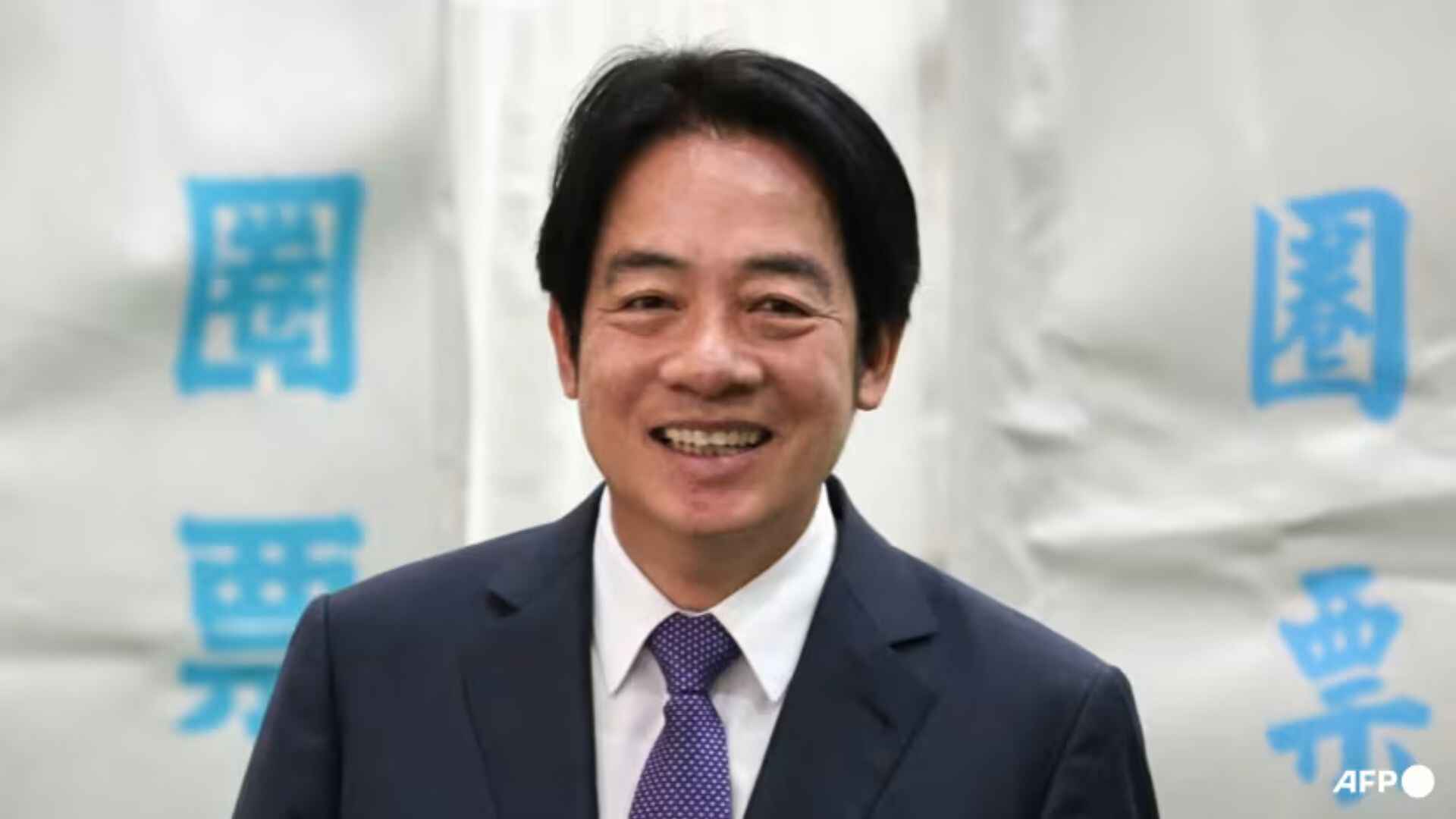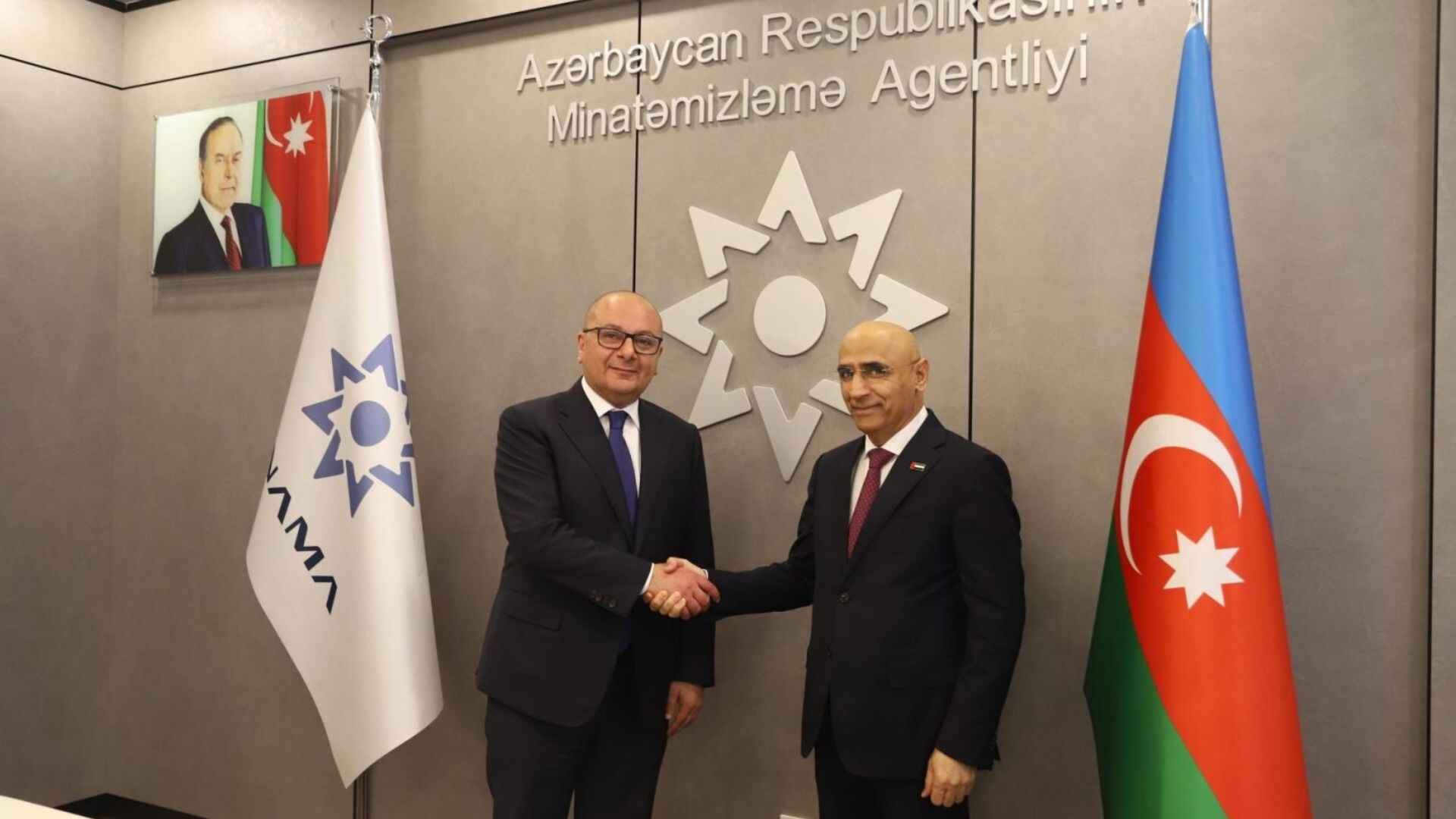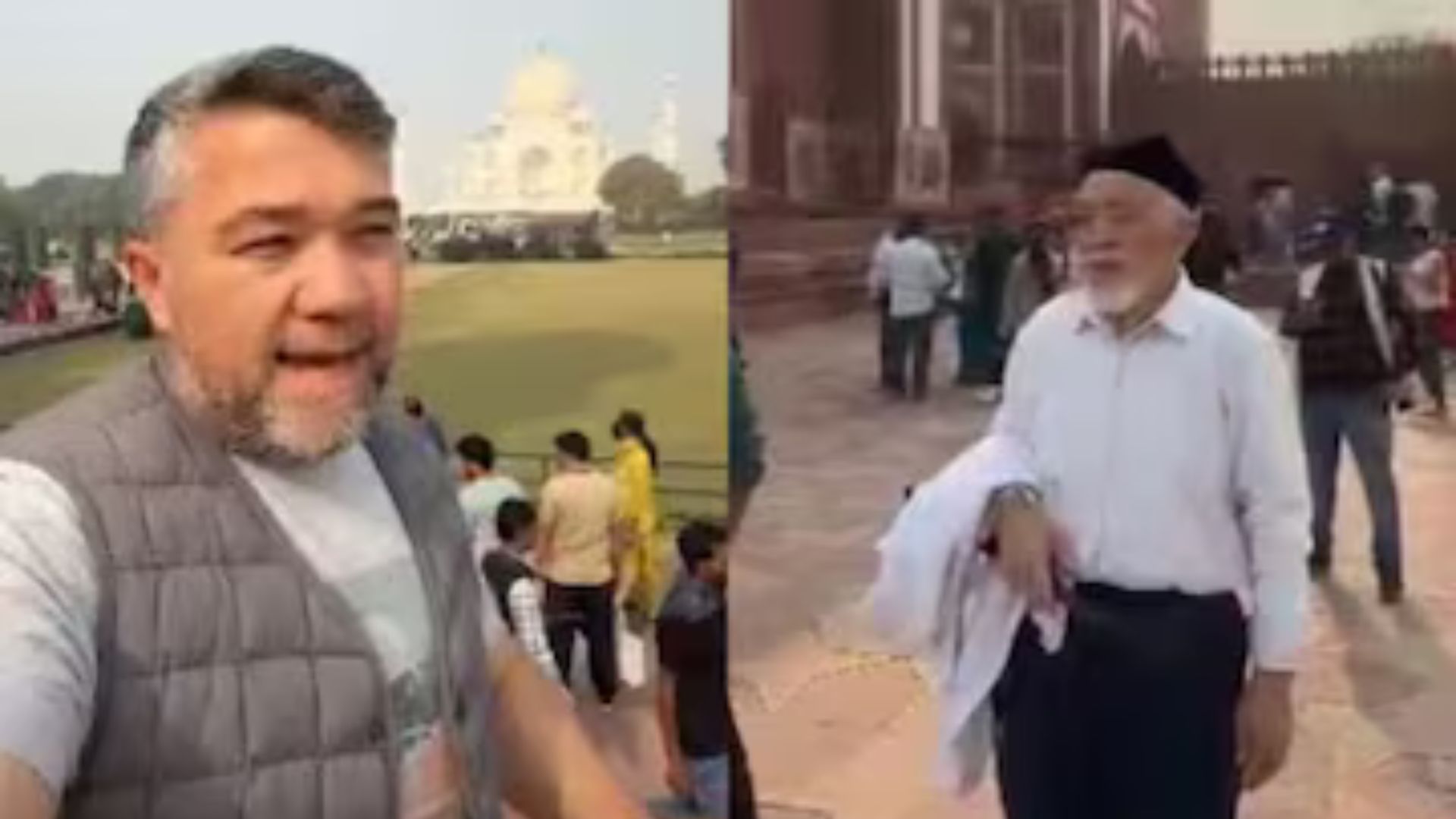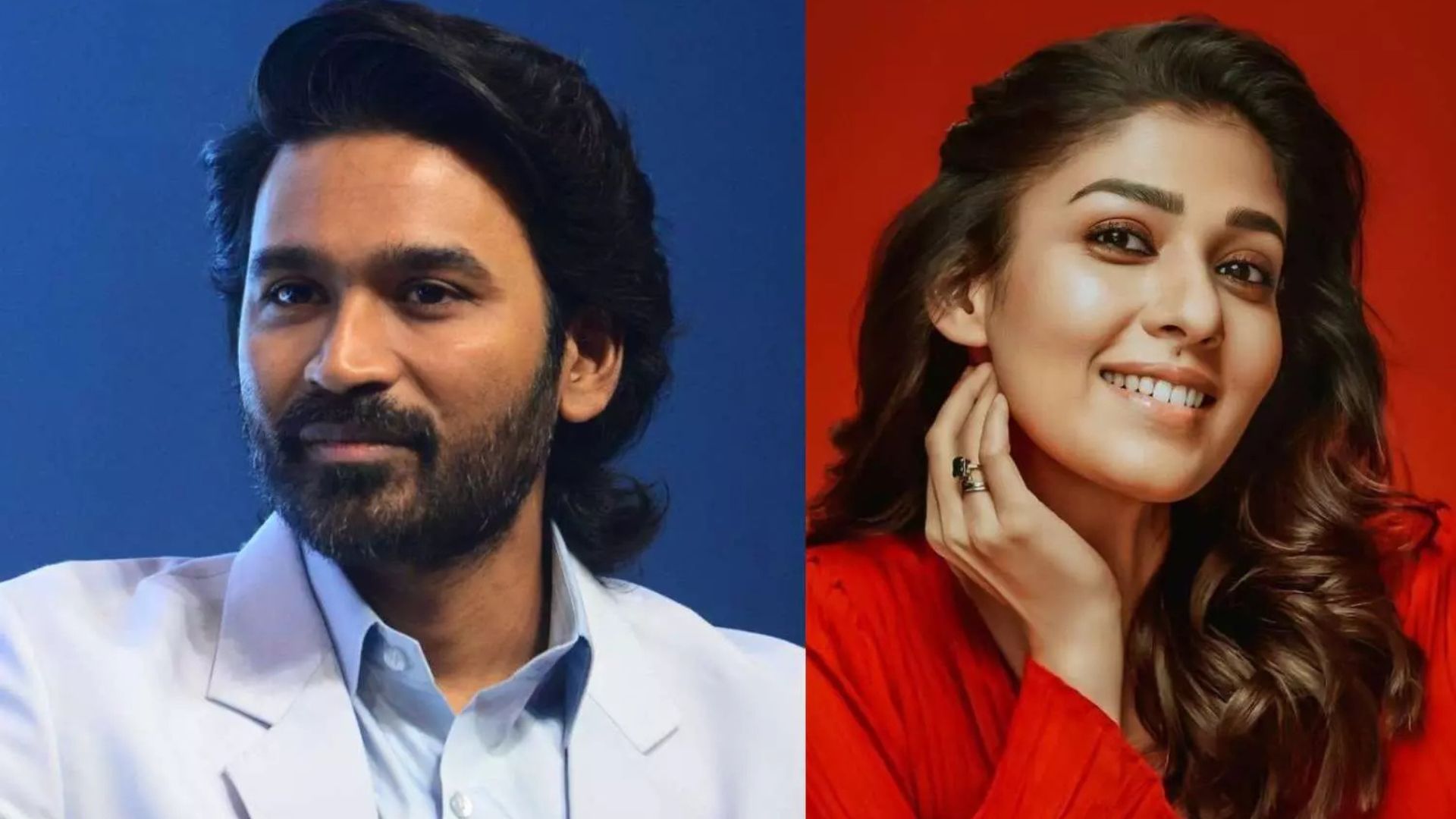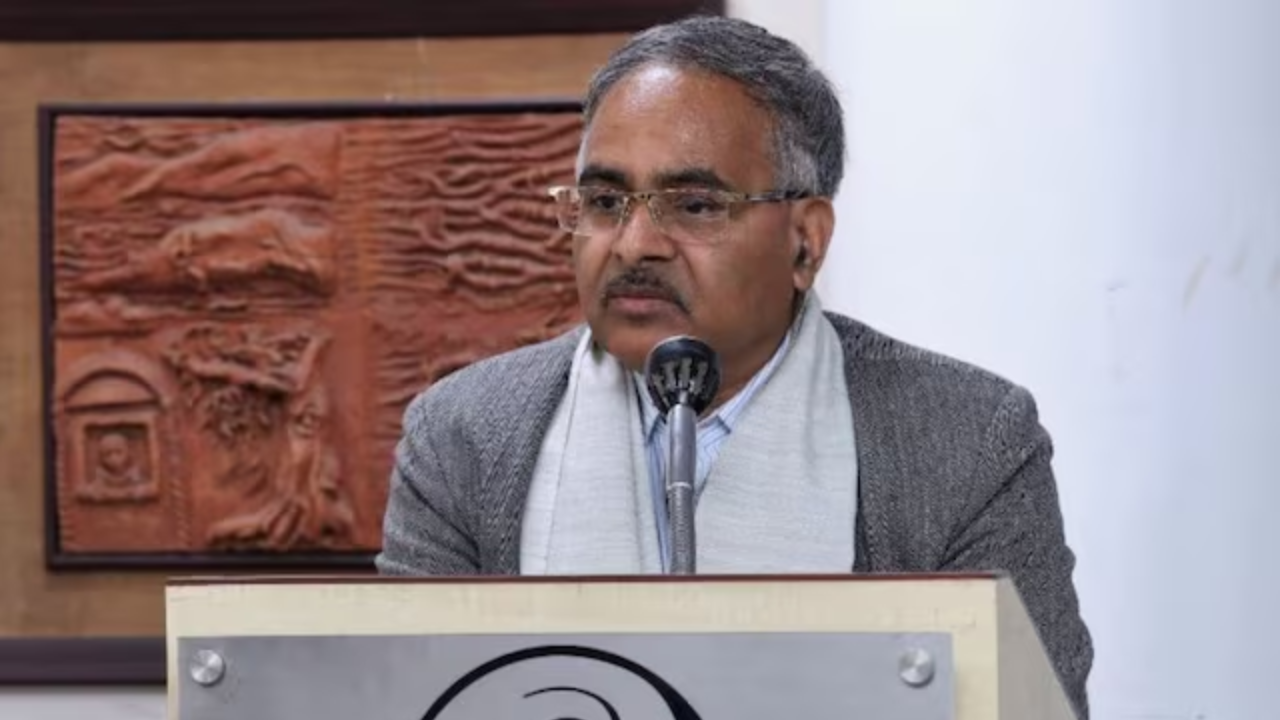
Dinesh Prasad Saklani, the National Council of Educational Research Training- NCERT Chief, dismissed accusations of ‘saffronisation’ in school curriculum following the release of revised textbooks. The changes include referring to Babri Masjid as a ‘three-domed structure’ in the Class 12 political science textbook, omitting direct mentions of events like its demolition and the 2002 Gujarat riots.
In response to criticisms, Saklani argued that teaching sensitive topics like riots in school textbooks could potentially lead to negative societal impacts, emphasizing the need to foster positive citizenship among students. He defended the reduction of certain sections, such as Ayodhya, in textbooks, stating that it now includes the 2019 Supreme Court verdict on the Ram temple construction.
“Why should we teach about riots in school textbooks? We want to create positive citizens not violent and depressed individuals,” he told PTI.
Addressing concerns about ‘saffronisation,’ Saklani pointed out that updates reflect factual information and align with the National Education Policy (NEP) 2020, emphasizing the role of subject experts in decision-making. He affirmed that the curriculum revisions are part of a routine global practice and are not influenced by personal agendas.
The NCERT’s approach, Saklani emphasized, aims to provide accurate historical context and promote critical thinking among students as per educational standards and guidelines.
The controversy underscores ongoing debates over educational reforms and historical interpretations in India’s curriculum.
